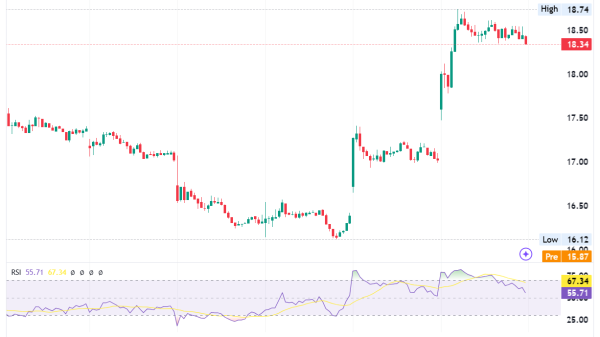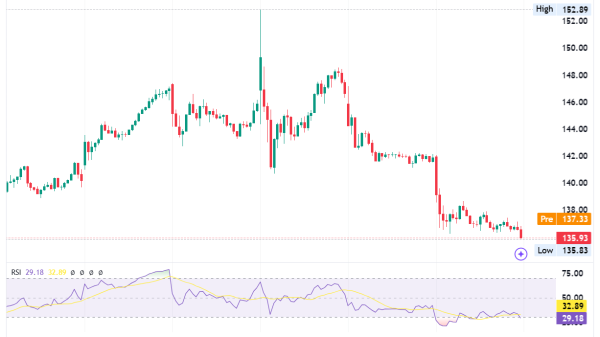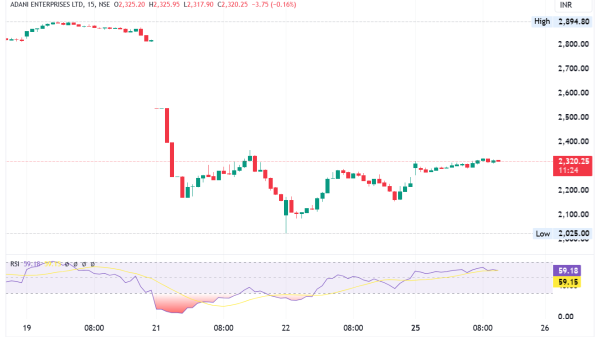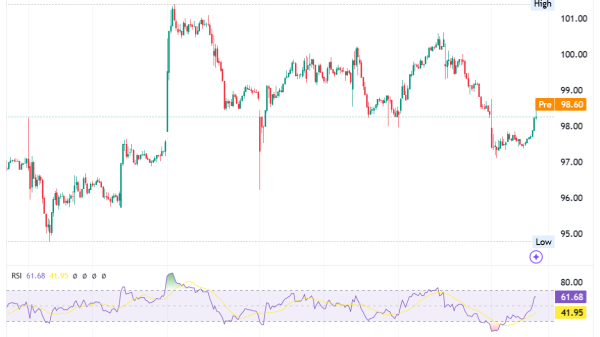
BEIJING (Reuters) -China’s consumer inflation hit a five-month low in November as fresh food prices pulled back while factory deflation persisted, suggesting Beijing’s recent efforts to shore up faltering economic demand are having only limited impact.
The world’s second-largest economy is bracing for likely fresh tariffs from a second Donald Trump White House and still dealing with other headwinds, suggesting more policy stimulus will be needed to shore up fragile growth.
The consumer price index rose 0.2% last month year-on-year, data from the National Bureau of Statistics showed on Monday, below the 0.3% increase in October and a 0.5% rise forecast in a Reuters poll of economists.
CPI fell 0.6% month-on-month, compared with a 0.3% fall in October and a forecast 0.4% decline.
NBS statistician Dong Lijuan said the faster monthly fall in CPI was mainly due to a weather-related 2.7% decline in food prices.
The national average temperature in November was the highest for any comparable period since 1961, which supported production and transportation of agricultural goods, helping bring fresh food price down, Dong said in a statement.
Core inflation, excluding volatile food and fuel prices, edged up to 0.3% last month from 0.2% in October.
In the factory sector, the producer price index fell 2.5% year-on-year in November, a slower decline than the 2.9% in October and the forecast 2.8% fall, but extending declines for 26 months.
“Core inflation edged up and PPI deflation eased, suggesting that stimulus measures are supporting underlying prices pressures to some degree. Even then, we expect overcapacity will keep inflation low into 2025 and beyond,” said Gabriel Ng, assistant economist at Capital Economics.
While household spending has beaten forecasts in recent months, buoyed by subsidised trade-ins of autos and home appliances, that hasn’t been enough to help China turn its economy around.
Instead of directly injecting money into the economy, Beijing unveiled a 10 trillion yuan ($1.37 trillion) debt package in November to ease local government financing strains.
Chinese government advisers are calling for an economic growth target of around 5.0% for 2025, pushing for stronger fiscal stimulus to mitigate the impact of expected U.S. tariff hikes on the country’s exports, Reuters reported.
However, economists are still broadly gloomy about China’s economic prospects, which face fresh trade tariffs from a new Trump presidency next year and a still shaky property sector.
Fitch Ratings lowered its economic forecasts for China for 2025 to 4.3% from 4.5% and for 2026 to 4.0% from 4.3% on Monday, citing risks of even higher U.S. tariffs on Chinese goods.
($1 = 7.2775 Chinese yuan)































